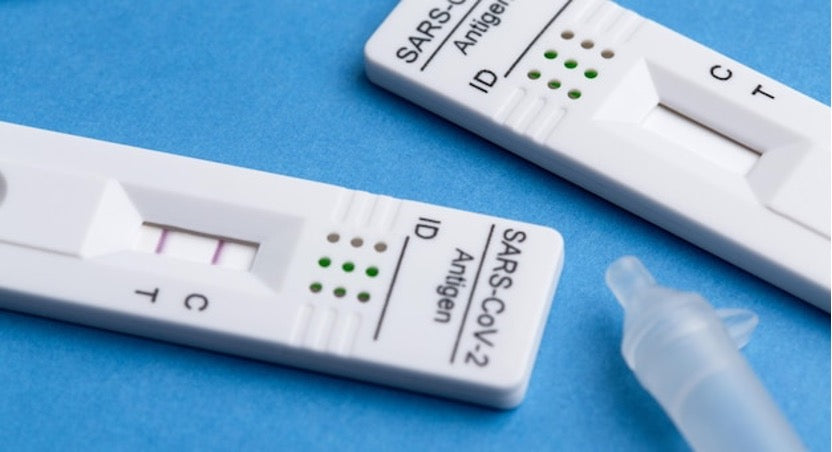As the fight against the COVID-19 pandemic continues, widespread testing remains a cornerstone in controlling the spread of the virus. Understanding the different types of COVID-19 tests and their applications is crucial for making informed decisions about testing and ensuring public health.
PCR Tests:
Polymerase Chain Reaction (PCR) tests are highly accurate and considered the gold standard for diagnosing active infections. They detect the virus's genetic material and are often used in clinical settings for diagnostic purposes.
Rapid Antigen Tests:
Rapid antigen tests provide quick results and are useful for screening in various settings. While they are less sensitive than PCR tests, they offer a rapid assessment of whether an individual is currently carrying the virus.
Antibody Tests:
Antibody tests, also known as serology tests, detect the presence of antibodies in the blood. These tests are useful for determining past infection but may not be suitable for diagnosing current infections.
Understanding the purpose and limitations of each test type is vital. Regular testing, especially in high-risk environments or during outbreaks, contributes significantly to effective virus control. Stay informed, stay safe, and stay tuned for more insights on navigating the challenges of the COVID-19 era in our ongoing series!

